 As much as you plan to prevent workplace injuries, it is important to create a plan to reintegrate injured employees into your workforce should an accident occur.
As much as you plan to prevent workplace injuries, it is important to create a plan to reintegrate injured employees into your workforce should an accident occur.
We often hear the term “light duty” used with return-to-work programs. But light duty has begun to carry a negative connotation. Some people believe the injured employee isn’t pulling their weight or is just doing made up work that isn’t beneficial or helping anyone. I encourage you to shift your mindset. Instead of light duty, I suggest you use one of these two terms as you speak with your employees about your return-to-work program – Modified Duty or Transitional Duty.
Modified Duty
With modified duty you are able to return the injured employee to his job, but may have to make some minor adjustments to accommodate whatever restrictions the doctor has placed on the worker. An example may be that the employee must be allowed to sit while working rather than standing all day. If you are able to allow the employee to sit in a chair or on a stool while still doing his normal job, then you have accommodated his restrictions with modified duty.
Transitional Duty
In transitional duty situations, the restrictions are just too much to be able to allow the injured employee to return to his regular job. In these cases, you are looking for something in your facility the injured employee can do that does meet the restrictions imposed by the treating doctor. The goal with this type of modification is that you are constantly transitioning the injured worker back towards their normal work duties. In these cases, you may even bring someone from a plant environment into the office to help with work that keeps getting put off – like scanning files to get into a paperless environment or answering the phones.
An employee on modified or transitional duty isn’t being given a green light to goof off. Nor should the assignment be punitive in nature. I have heard employers make comments like “I’ll just make the new task so awful, they’ll be begging to go back to their regular job.” Remember – we are setting our policies around the 95% of our workforce that are good, productive employees.
One caveat with modified and transitional duties – if you are in a union environment, make sure you have the union’s understanding and approval for your program. More and more union representatives are learning and understanding the benefits of getting an injured worker back into their work environment versus sitting at home.
Make a concerted effort to remove “light duty” from your company’s vocabulary. Focus on modified or transitional duty as part of your return-to-work efforts. Doing so will help change the culture of return-to-work from a potentially negative one to a positive one.




